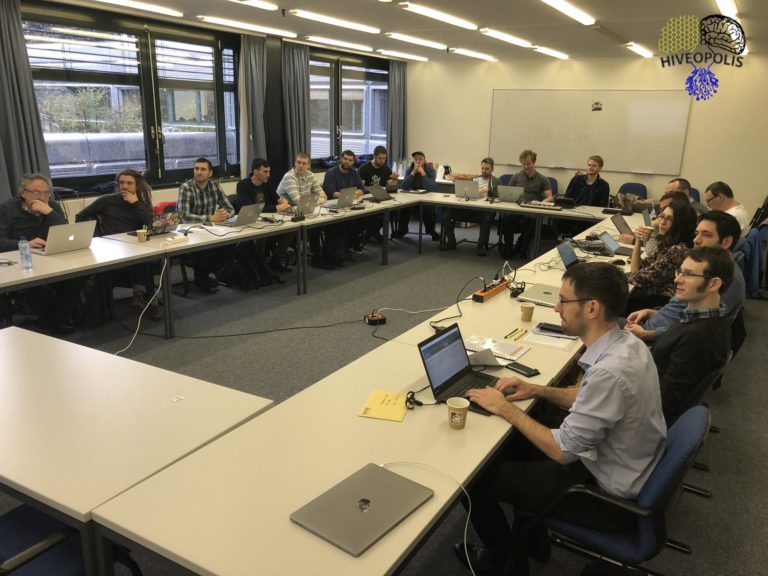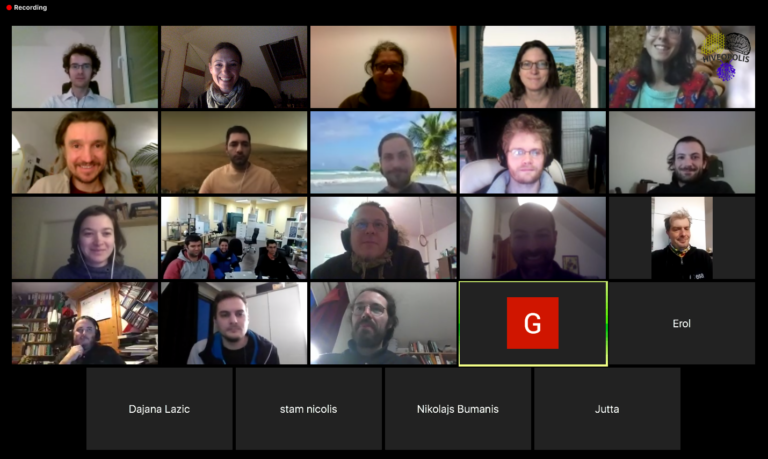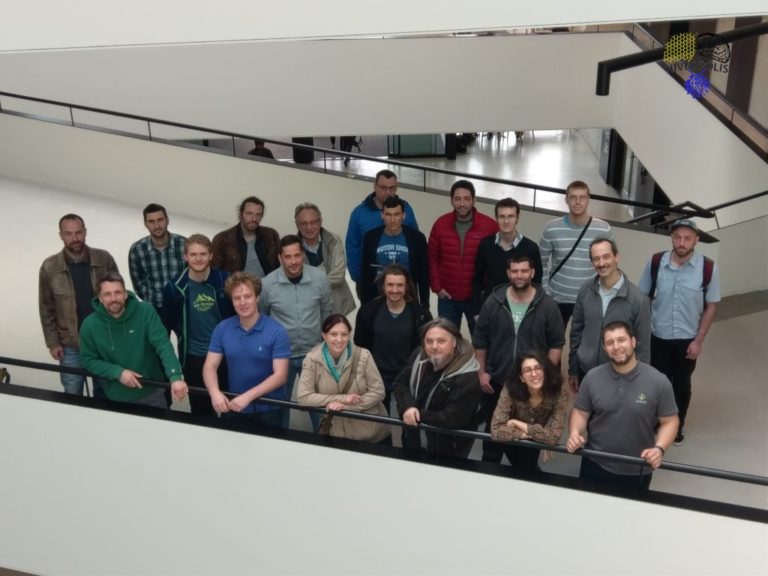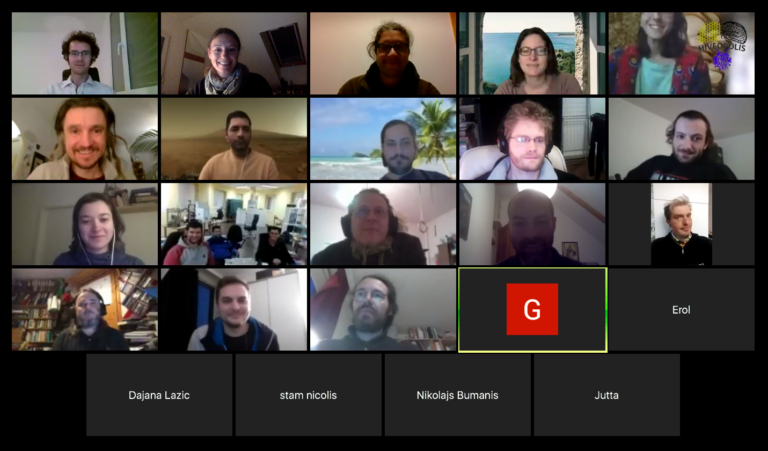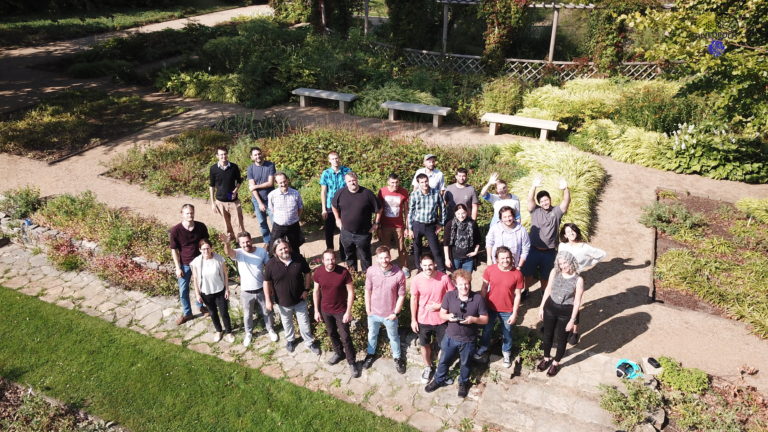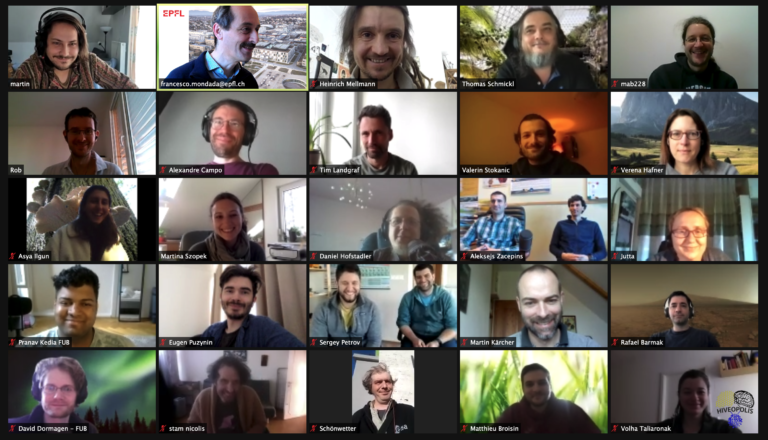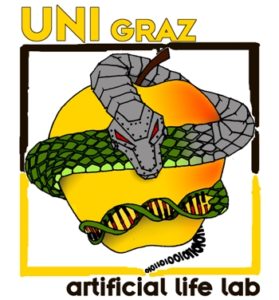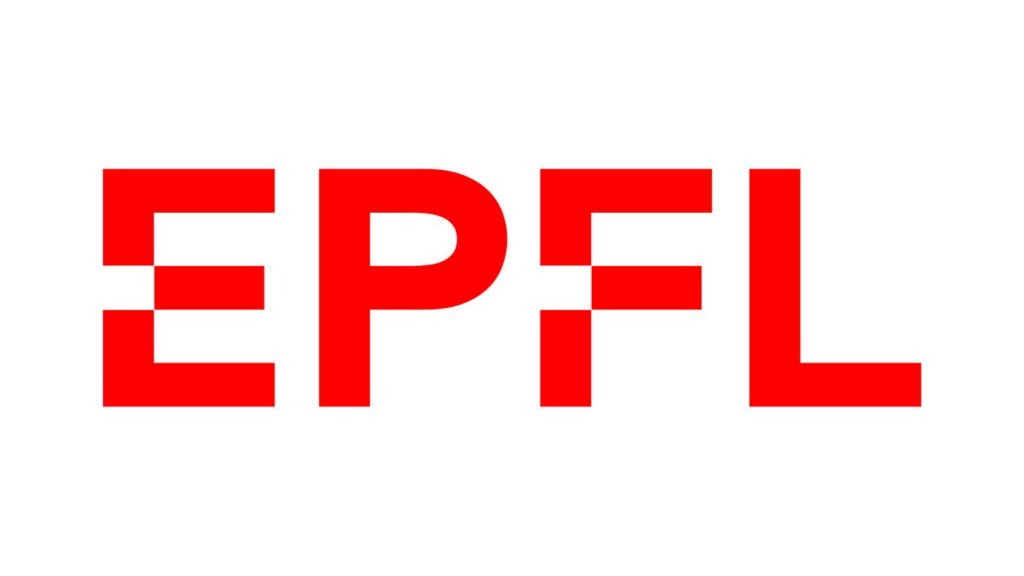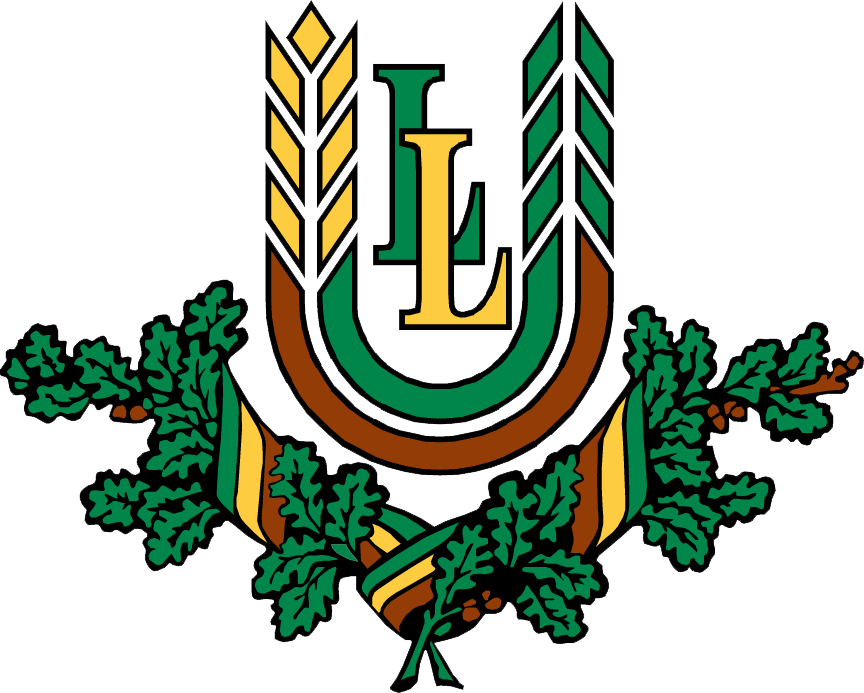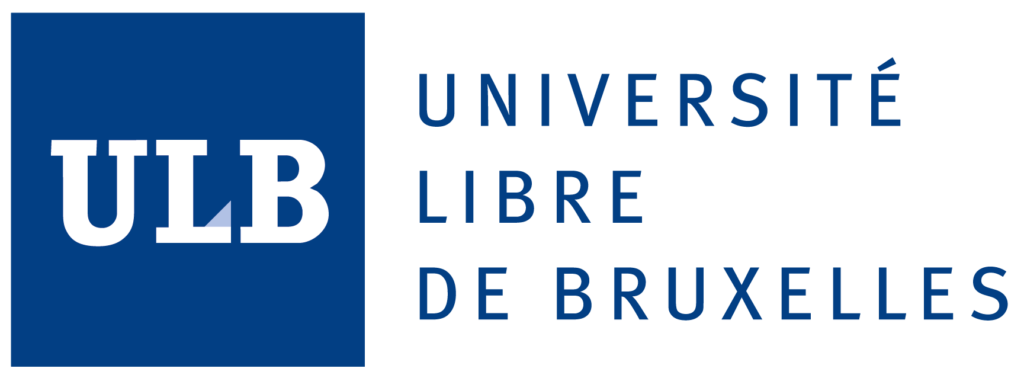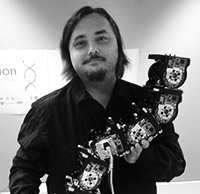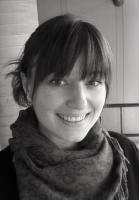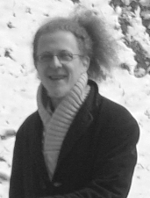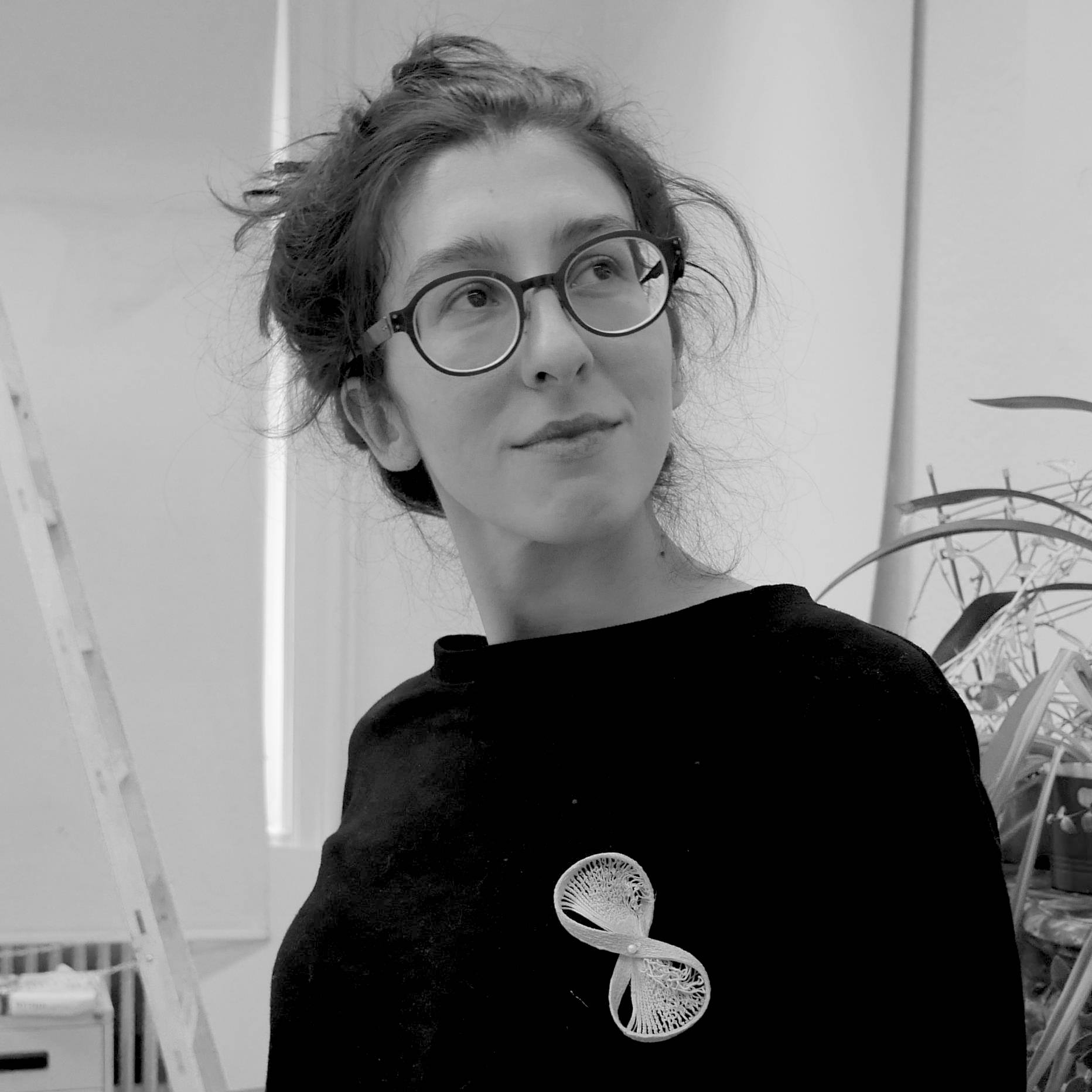
Asya Ilgün
Asya is a PostDoc.
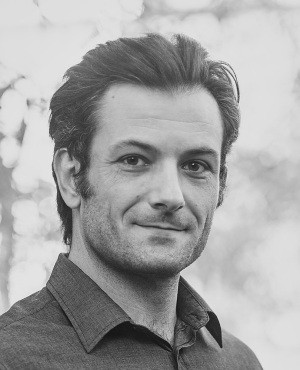
Valerin Stokanic
Valerin is a researcher.
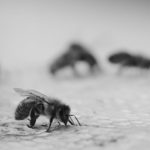
Martin Stefanec
Martin is a PostDoc.

Jutta Vollmann
Jutta is a biologist and beekeeper.
Contact Person: Prof. Thomas Schmickl, The Artificial Life Lab of the University of Graz
Graz, Austria,+43 316 380 8759.
E-mail: thomas.schmickl@uni-graz.at
The MOBOTS group of the Biorobotics Lab, of EPFL, is an internationally renowned research unit in the field of robotic system design. It has a large experience in the compact design of mobile and educational robots. Among recent results are robots for education, equipping thousands of schools, and autonomous robots interacting with zebrafish. MOBOTS has also previously developed robots that interact with other animals including cockroaches and chickens. Their central role in HIVEOPOLIS is to design the robotics parts of the hive and to ensure interactions between the robotics and both bees and other system interfaces.
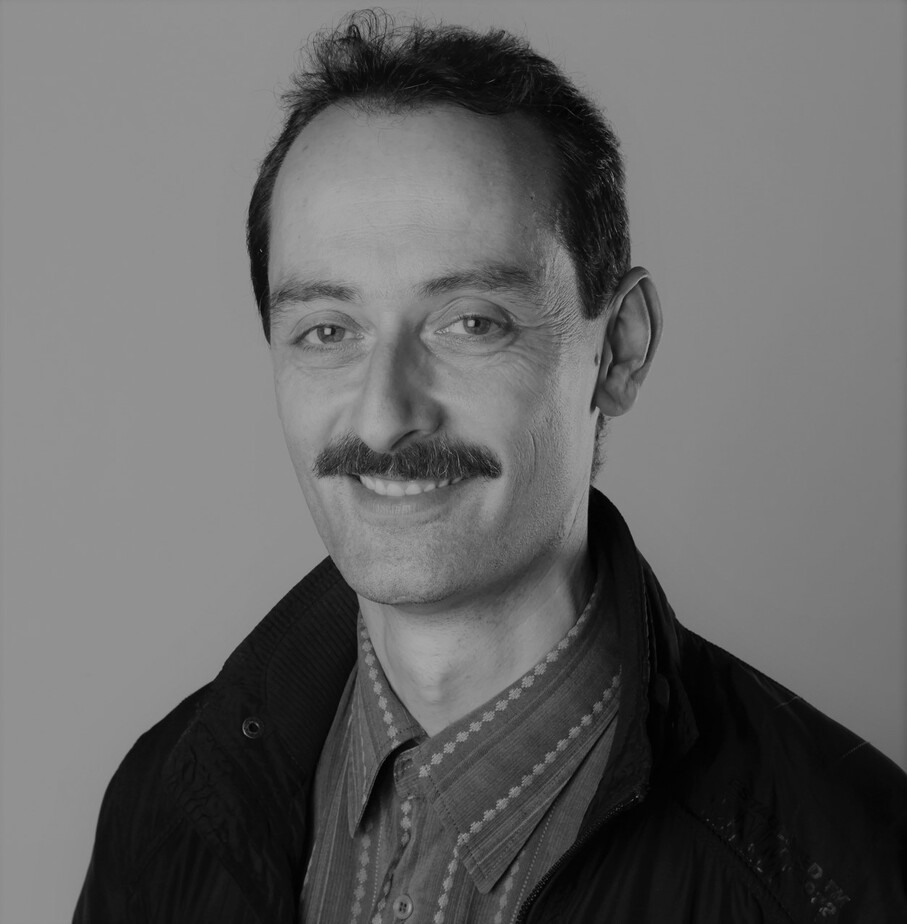
Francesco Mondada
Professor
Francesco is a principal investigator.

Rafael Barmak
Rafael is a doctoral assistant.
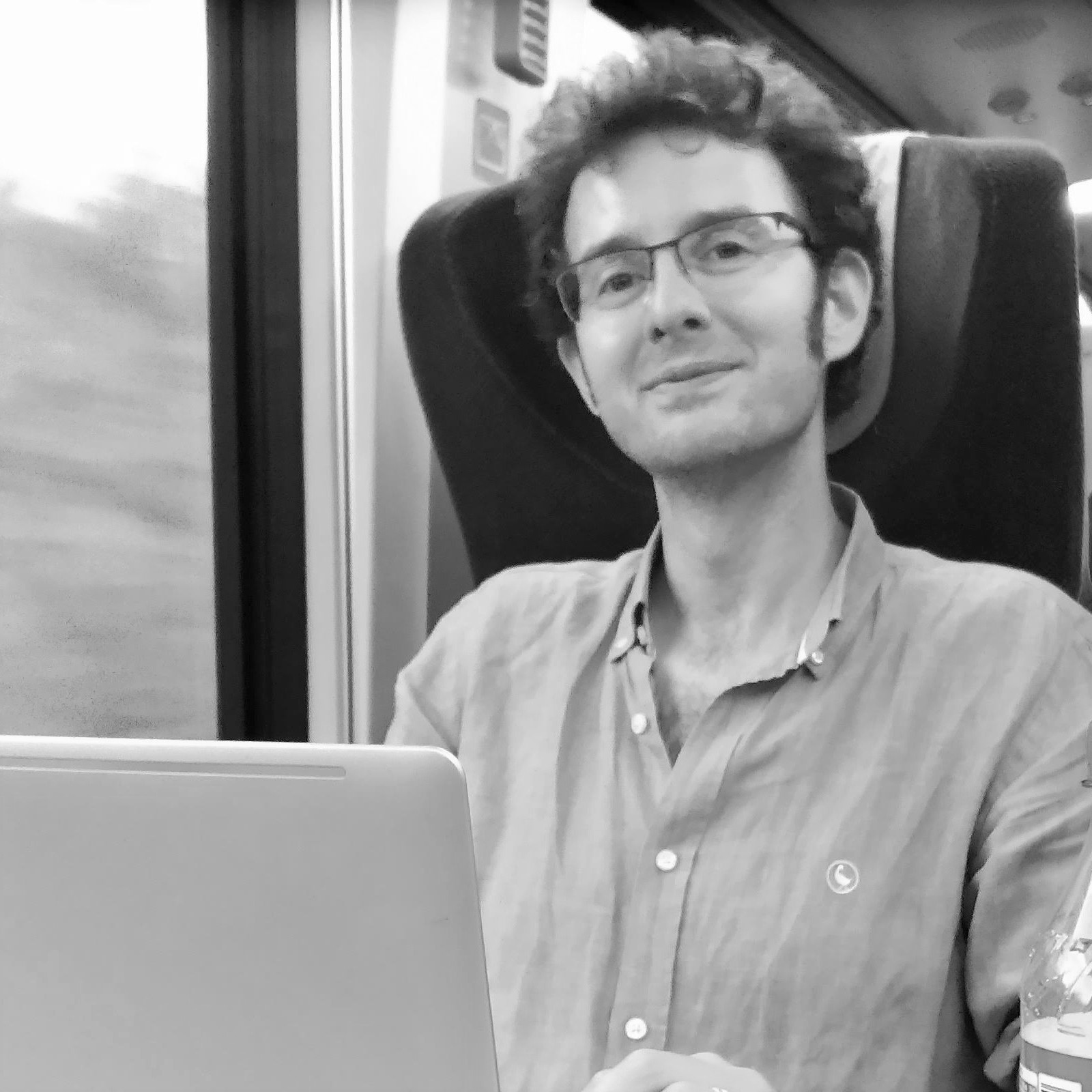
Rob Mills
Rob is a scientific lead.
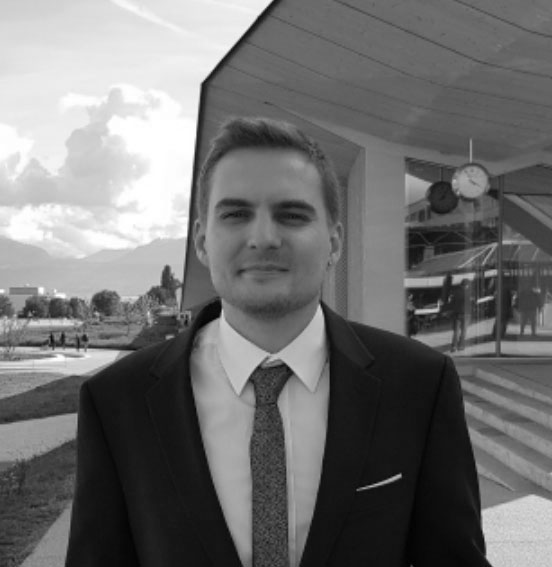
Matthieu Broisin
Matthieu is a robotics engineer.
Contact person: Prof. Francesco Mondada, MOBOTS – BioROb – IBI – EPFL,
Station 9, CH-1015 Lausanne, +41 21 693 73 57.
E-mail: francesco.mondada@epfl.ch
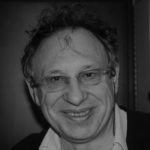
Jean-Louis Deneubourg
Professor
Jean-Louis is a principal investigator.
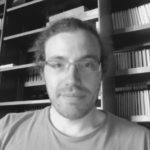
Alexandre Campo
Alexandre is a senior researcher.
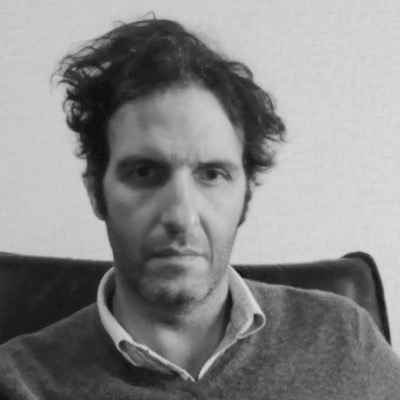
Stamatios Nicolis
Stamatios is a senior researcher.
Contact Person: Jean-Louis Deneubourg, Université Libre de Bruxelles,
Biological & Artificial Self-organized Systems, Boulevard du Triomphe 2 CP231, 1050 Bruxelles.
E-mail: jldeneub@ulb.ac.be
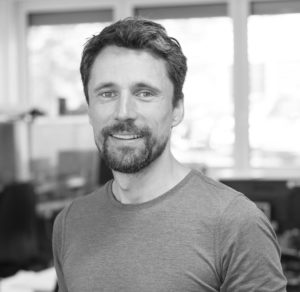
Tim Landgraf
Professor
Tim is a principal investigator.

Moritz Maxeiner
Moritz is a scientific assistant.
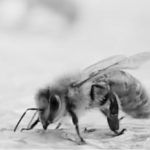
David Dormagen
David is a scientific assistant.
Contact person: Prof. Dr. Tim Landgraf, The Landgraf Lab, Freie Universität Berlin;
Arnimallee 7, Raum 111, 14195 Berlin; +49 30 838 75114.
E-mail: tim.landgraf@fu-berlin.de
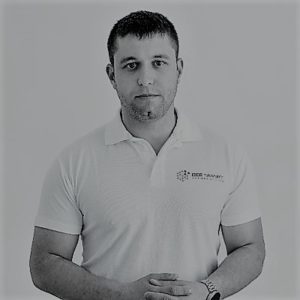
Sergey Petrov
Sergey is a principal investigator.
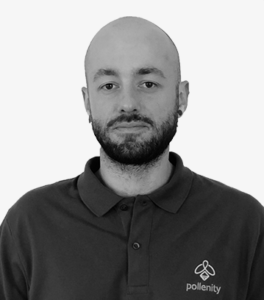
Stefan Donchev
Stefan is a Pollenity team member.
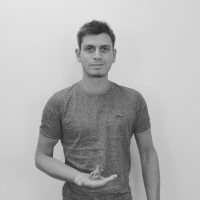
Erol Bairaktarov
Erol is a mechanical engineer.
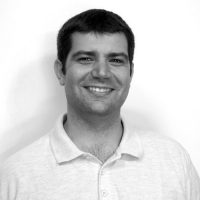
Kostadin Angelov
Konstadin is a CTO Pollenity.
Contact person: Sergey Petrov, Founder and Executive director at Pollenity;
Bulgaria, Sofia, str. Dimitar Turkalanov 9, P.O. 1407. Phone: (+359) 887019646.
E-mail: sergey@pollenity.com
Scientific group from the Faculty of Information Technologies from Latvia University of Life Sciences and Technologies has more than 10 years scientific and industrial experience in the IT sector working on enterprise level solutions. Group has implemented different IT solutions in different scientific projects in various agricultural and multi-discipline fields. Group previously focused on design and implementation of automated systems for data processing and analysis. In this new project, HIVEOPOLIS, our main task is to provide information for futuristic bee colonies about the environmental conditions. As well communication mechanisms between colonies will be developed.
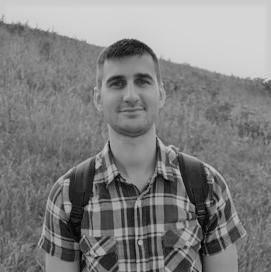
Aleksejs Zacepins
Aleksejs is a principal investigator.
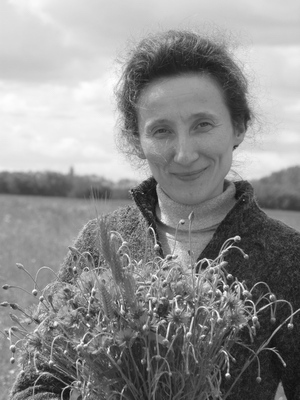
Olvija Komasilova
Olvija is a researcher.
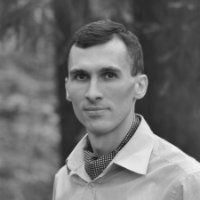
Vitalijs Komasilovs
Vitalijs is a senior researcher and
an associated professor.
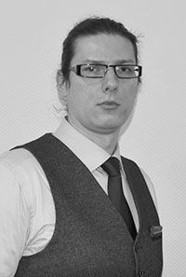
Nikolajs Bumanis
Nikolajs is a researcher and a doctoral student.
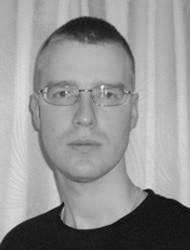
Armands Kviesis
Armands is a senior researcher and
an assistant professor.
Contact person: Assoc. Prof. Aleksejs Zacepins, Scientific project manager
Liela iela 2, Jelgava, Latvia, LV-3001, +371 26539560.
E-mail: alzpostbox@gmail.com
The Adaptive Systems Group is part of the Department of Computer Science at Humboldt-Universität zu Berlin. The research focus of the group is on sensorimotor learning and prediction in the field of developmental and bio-robotics. The group has long-standing expertise in bio-inspired navigation systems for robotics, adaptive learning strategies, and experience with applications in precision and micro-farming. Within HIVEOPOLIS, we will work on environmental data collection and prediction, sensorimotor learning and active exploration strategies.

Verena Hafner
Professor
Verena is a principal investigator.
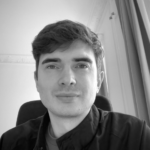
Eugen Puzynin
Eugen is a scientific assistant.
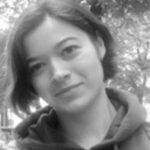
Volha Taliaronak
Volha is a student assistant.
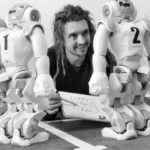
Heinrich Mellmann
Heinrich is a researcher.
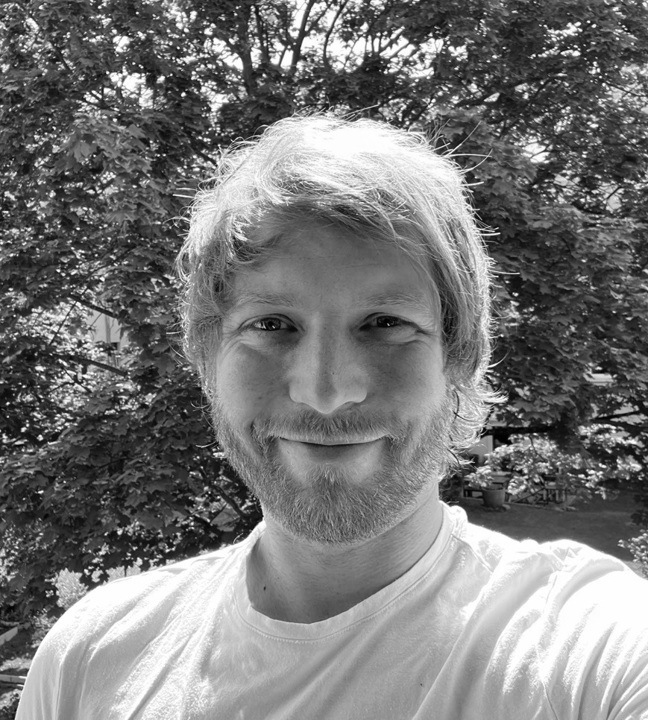
Max Patzelt
Max is a student assistant.
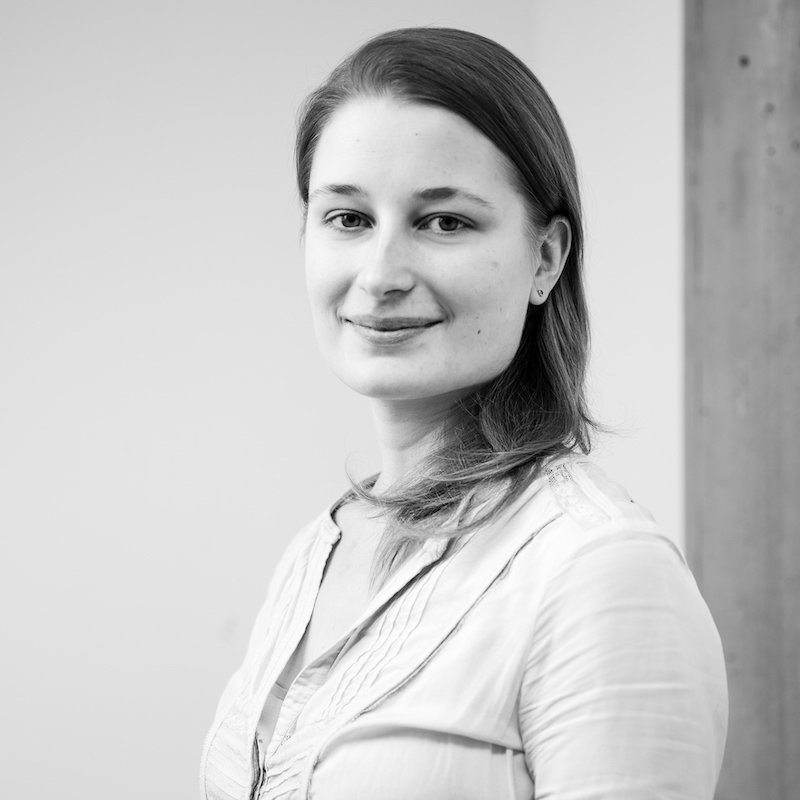
Lea Musiolek
Lea is a researcher.
Contact Person: Prof. Verena Hafner, Humboldt-Universität zu Berlin, Department of Computer Science;
Unter den Linden 6, D-10099, Berlin, Germany, +49 30 2093 3028.
E-mail: hafner@informatik.hu-berlin.de
